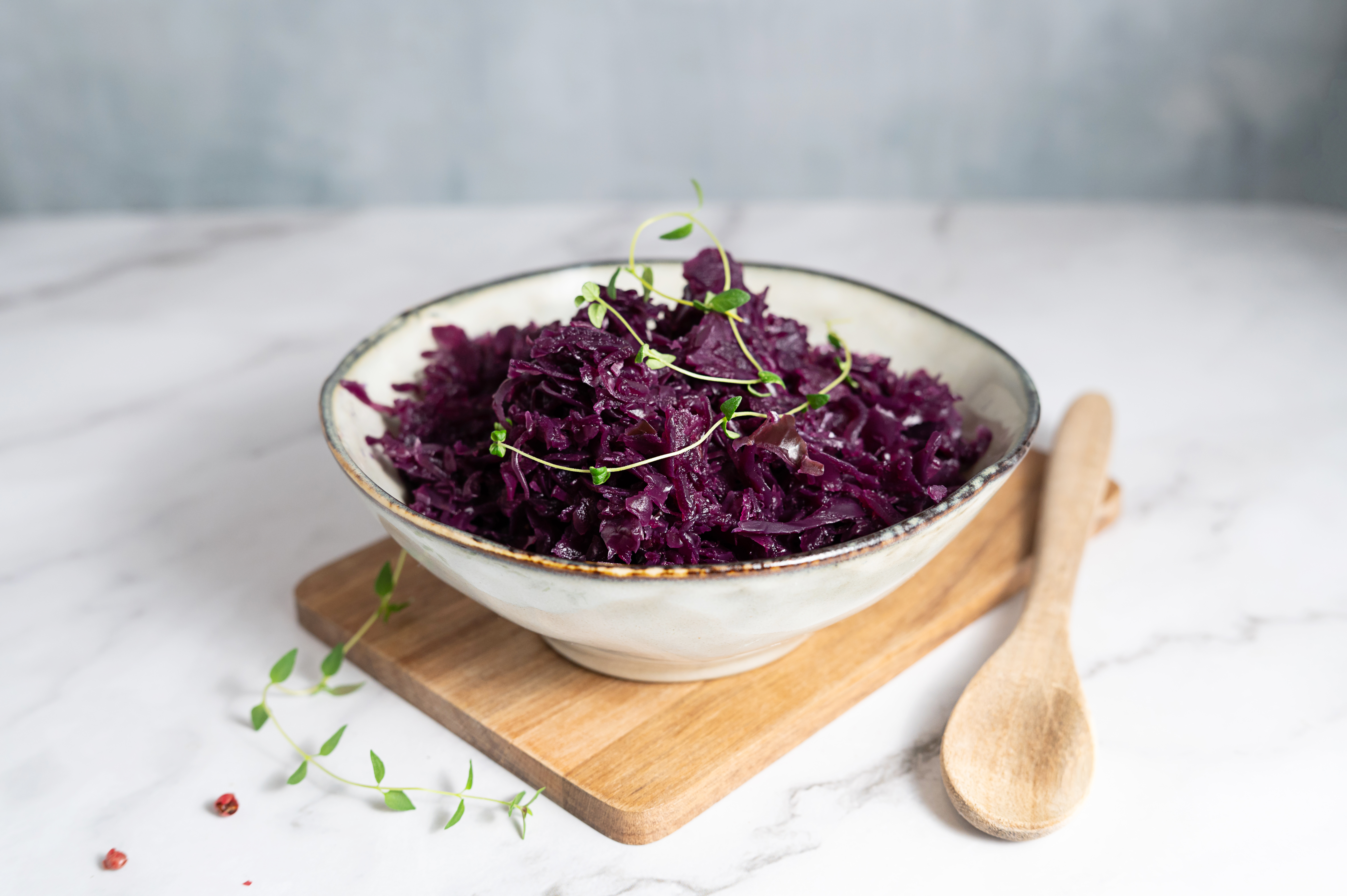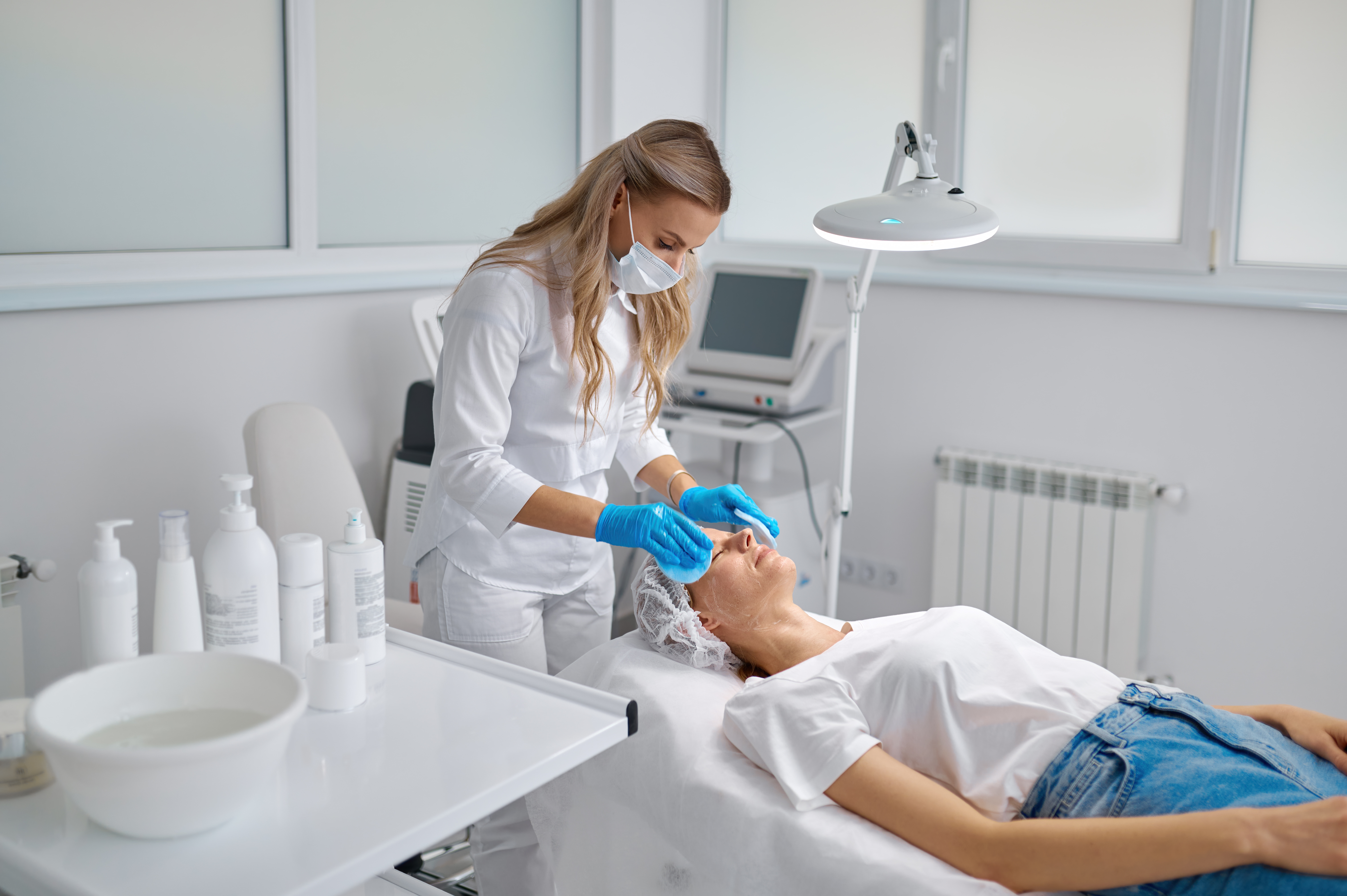Surprising Gut-Skin Axis Secrets: How Your Digestion Impacts Your Complexion
That frustrating acne flare-up, the persistent eczema patch, or that unexplained redness—you've tried every cream and cleanser, but what if the real culprit is silently brewing far beneath your skin's surface? Prepare to unlock one of the body's most astonishing, yet often overlooked, secrets: the gut-skin axis. This isn't just a casual connection; it's a profound, bidirectional conversation happening constantly between your digestive system and your complexion, profoundly influencing everything from breakouts to radiance. Imagine your gut as a hidden control center for your skin's health. This article unveils 13 surprising gut-skin axis secrets, revealing how imbalances in your digestion can subtly sabotage your complexion, and offering ingenious ways to cultivate vibrant, healthy skin from the inside out.
1. The Gut Microbiome: A Key Player in Skin Health

The gut microbiome, consisting of trillions of bacteria, viruses, and fungi, plays a pivotal role in maintaining overall health. This diverse ecosystem is not only crucial for digestion but also for modulating the immune system and protecting against pathogens. When the gut microbiome is balanced, it can support skin health by reducing inflammation and enhancing the skin's barrier function. Research has shown that certain gut bacteria produce short-chain fatty acids (SCFAs) through the fermentation of dietary fibers. SCFAs, such as butyrate, have anti-inflammatory properties that can help calm skin conditions like acne and eczema. Furthermore, a healthy microbiome can enhance the production of ceramides, lipids that maintain the skin's moisture barrier, preventing dryness and irritation.
2. Diet and Its Impact on the Gut-Skin Axis

Diet is a fundamental factor influencing both gut and skin health. The foods we consume can either support a healthy microbiome or contribute to dysbiosis and inflammation. Diets high in processed foods, sugars, and unhealthy fats can disrupt the gut microbiome, leading to increased intestinal permeability, often referred to as "leaky gut." This condition allows toxins and bacteria to enter the bloodstream, triggering an immune response that can manifest as skin inflammation. Conversely, a diet rich in whole foods, particularly those high in fiber, can support a healthy gut microbiome. Fiber acts as a prebiotic, feeding beneficial bacteria and promoting the production of SCFAs. Foods such as fruits, vegetables, whole grains, and legumes are excellent sources of fiber and can help maintain a balanced microbiome.
3. Probiotics and Prebiotics: Nourishing the Gut for Glowing Skin

Probiotics and prebiotics play a crucial role in maintaining gut health, which in turn can enhance skin health. Probiotics are live microorganisms that provide health benefits when consumed in adequate amounts. They help restore and maintain a healthy balance of gut bacteria, which is essential for reducing inflammation and supporting the immune system. Prebiotics, on the other hand, are non-digestible fibers that serve as food for beneficial gut bacteria. They help promote the growth and activity of probiotics, enhancing their effectiveness. Together, probiotics and prebiotics can help maintain a healthy gut microbiome, which is crucial for preventing systemic inflammation and supporting skin health.
4. The Role of Stress in the Gut-Skin Connection

Stress is a significant factor that can impact both gut and skin health. The gut-brain-skin axis is a concept that highlights the interconnectedness of these systems, suggesting that psychological stress can influence gut health and, consequently, skin health. When stressed, the body releases stress hormones like cortisol, which can disrupt the gut microbiome and increase intestinal permeability. This disruption can lead to systemic inflammation, which often manifests as skin issues such as acne, eczema, or psoriasis. Stress can also exacerbate existing skin conditions, making them more difficult to manage. Moreover, stress can impair the skin's barrier function, leading to increased sensitivity and dryness.
5. Inflammation: The Common Denominator

Inflammation is a common thread that links gut health to skin health. When the gut is imbalanced, it can lead to systemic inflammation, which often manifests as skin conditions such as acne, eczema, or rosacea. Inflammation is the body's natural response to injury or infection, but chronic inflammation can have detrimental effects on both gut and skin health. The gut microbiome plays a crucial role in regulating inflammation. A balanced microbiome can help reduce inflammation by promoting the production of anti-inflammatory compounds like SCFAs. Conversely, dysbiosis can lead to increased intestinal permeability, allowing toxins and bacteria to enter the bloodstream and trigger an immune response.
6. Hormonal Influences on the Gut-Skin Axis

Hormones play a significant role in the gut-skin connection, influencing both gut health and skin health. Hormonal fluctuations, such as those experienced during puberty, menstruation, pregnancy, and menopause, can impact the gut microbiome and lead to changes in skin condition. For example, increased levels of androgens during puberty can lead to increased sebum production and acne. The gut microbiome can also influence hormone levels by modulating the production and metabolism of hormones. An imbalanced microbiome can lead to hormonal imbalances, which can exacerbate skin conditions. Additionally, hormones like cortisol, which are released in response to stress, can disrupt the gut microbiome and contribute to skin inflammation. Balancing hormones is crucial for maintaining a healthy gut-skin connection.
7. The Impact of Antibiotics on the Gut-Skin Axis

Antibiotics are commonly used to treat bacterial infections, but they can have a significant impact on the gut microbiome. While antibiotics can be effective in eliminating harmful bacteria, they can also disrupt the balance of beneficial bacteria, leading to dysbiosis. This disruption can have downstream effects on skin health, as an imbalanced microbiome can lead to systemic inflammation and exacerbate skin conditions. The overuse of antibiotics is a growing concern, as it can contribute to antibiotic resistance and negatively impact gut health. It's important to use antibiotics judiciously and only when necessary. When antibiotics are prescribed, it's crucial to support the gut microbiome by consuming probiotics and prebiotics to help restore balance.
8. The Role of Intestinal Permeability in Skin Health

Intestinal permeability, often referred to as "leaky gut," is a condition where the lining of the gut becomes compromised, allowing toxins and bacteria to enter the bloodstream. This can trigger an immune response and lead to systemic inflammation, which often manifests as skin issues such as acne, eczema, or rosacea. Several factors can contribute to increased intestinal permeability, including poor diet, stress, and dysbiosis. Addressing these factors is crucial for maintaining a healthy gut-skin connection. Consuming a balanced diet rich in whole foods, managing stress, and supporting the gut microbiome with probiotics and prebiotics can help reduce intestinal permeability and promote a healthy complexion.
9. The Influence of Lifestyle on the Gut-Skin Axis

Lifestyle factors, such as diet, exercise, sleep, and stress management, play a crucial role in maintaining both gut and skin health. A balanced lifestyle can help support a healthy gut microbiome, reduce inflammation, and promote a clear, radiant complexion. Exercise has been shown to have numerous benefits for gut health, including promoting the growth of beneficial bacteria and reducing inflammation. Regular physical activity can also help manage stress and support overall health. Adequate sleep is essential for maintaining a healthy gut-skin connection, as it allows the body to repair and regenerate.
10. The Role of Antioxidants in the Gut-Skin Connection

Antioxidants play a crucial role in maintaining both gut and skin health by protecting against oxidative stress and reducing inflammation. Oxidative stress occurs when there is an imbalance between free radicals and antioxidants in the body, leading to cellular damage and inflammation. A diet rich in antioxidants can help support a healthy gut microbiome and reduce inflammation, promoting a clear, radiant complexion. Foods such as berries, dark chocolate, green tea, and leafy greens are excellent sources of antioxidants and can help protect against oxidative stress.
11. The Importance of Hydration for Gut and Skin Health

Hydration is essential for maintaining both gut and skin health. Adequate water intake is crucial for digestion, nutrient absorption, and maintaining a healthy gut microbiome. Water also plays a vital role in maintaining the skin's moisture barrier, preventing dryness and irritation. Dehydration can lead to digestive issues, such as constipation, which can negatively impact the gut microbiome and contribute to systemic inflammation. This inflammation can manifest as skin issues, such as acne, eczema, or rosacea.
12. The Role of Fiber in the Gut-Skin Connection

Fiber is a crucial component of a healthy diet, playing a vital role in maintaining gut health and supporting a healthy gut-skin connection. Fiber acts as a prebiotic, feeding beneficial gut bacteria and promoting the production of anti-inflammatory compounds like SCFAs. A diet rich in fiber can help support a healthy gut microbiome, reduce inflammation, and promote a clear, radiant complexion. Foods such as fruits, vegetables, whole grains, and legumes are excellent sources of fiber and can help maintain a balanced microbiome.
13. The Connection Between Mental Health and the Gut-Skin Axis

Mental health plays a significant role in the gut-skin connection, as psychological stress can impact both gut and skin health. The gut-brain-skin axis highlights the interconnectedness of these systems, suggesting that mental health can influence gut health and, consequently, skin health. Stress can disrupt the gut microbiome and increase intestinal permeability, leading to systemic inflammation and exacerbating skin conditions. Managing mental health is crucial for maintaining a healthy gut-skin connection and promoting a clear, radiant complexion.
Embracing the Gut-Skin Connection for Radiant Health

The intricate connection between gut and skin health offers a new perspective on skincare and overall wellness. By understanding the hidden truths of the gut-skin axis, we can address skin concerns not just topically, but from within. A balanced diet, rich in fiber, probiotics, and antioxidants, can support a healthy gut microbiome and reduce inflammation, promoting a clear, radiant complexion. Lifestyle factors, such as exercise, stress management, and adequate hydration, play a crucial role in maintaining both gut and skin health. By making mindful choices and adopting a balanced lifestyle, you can support a healthy gut-skin connection and promote radiant health. Embracing the gut-skin connection empowers you to take control of your health and transform your complexion from the inside out.
